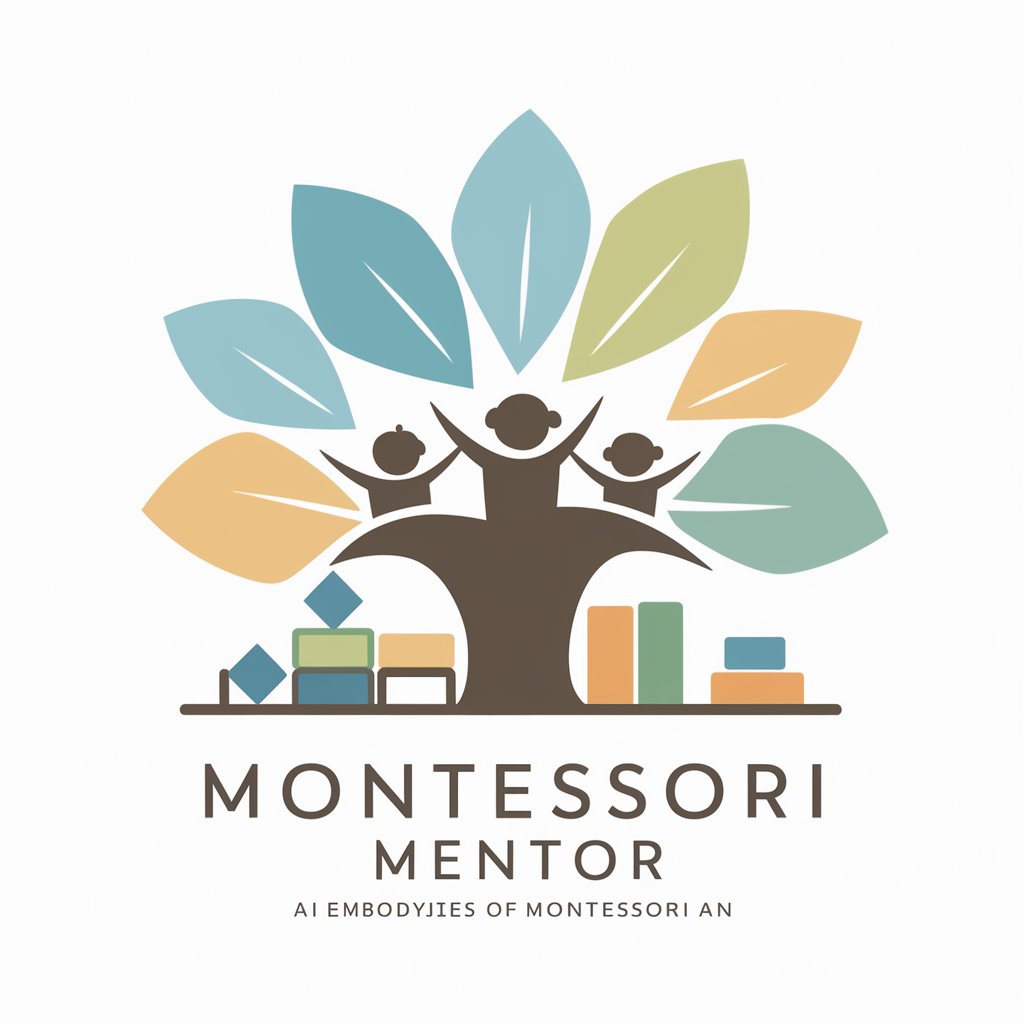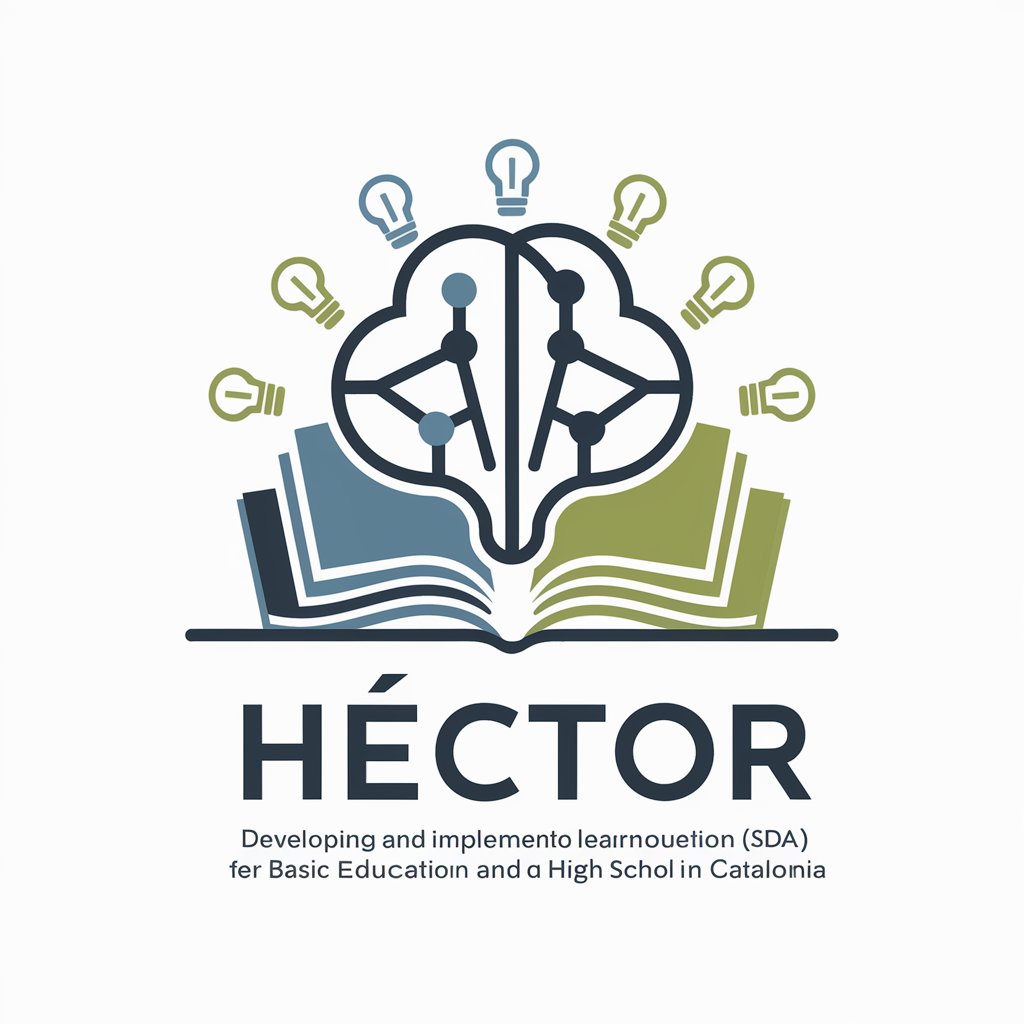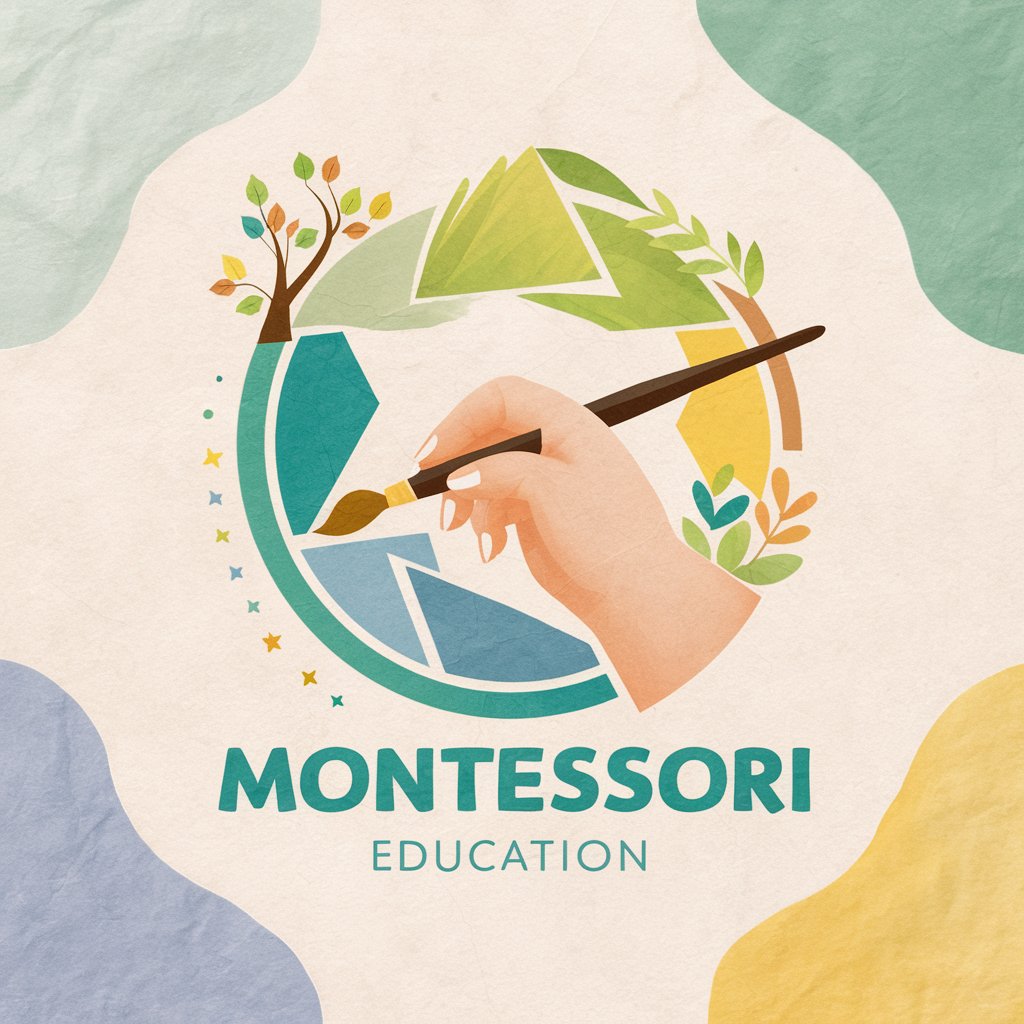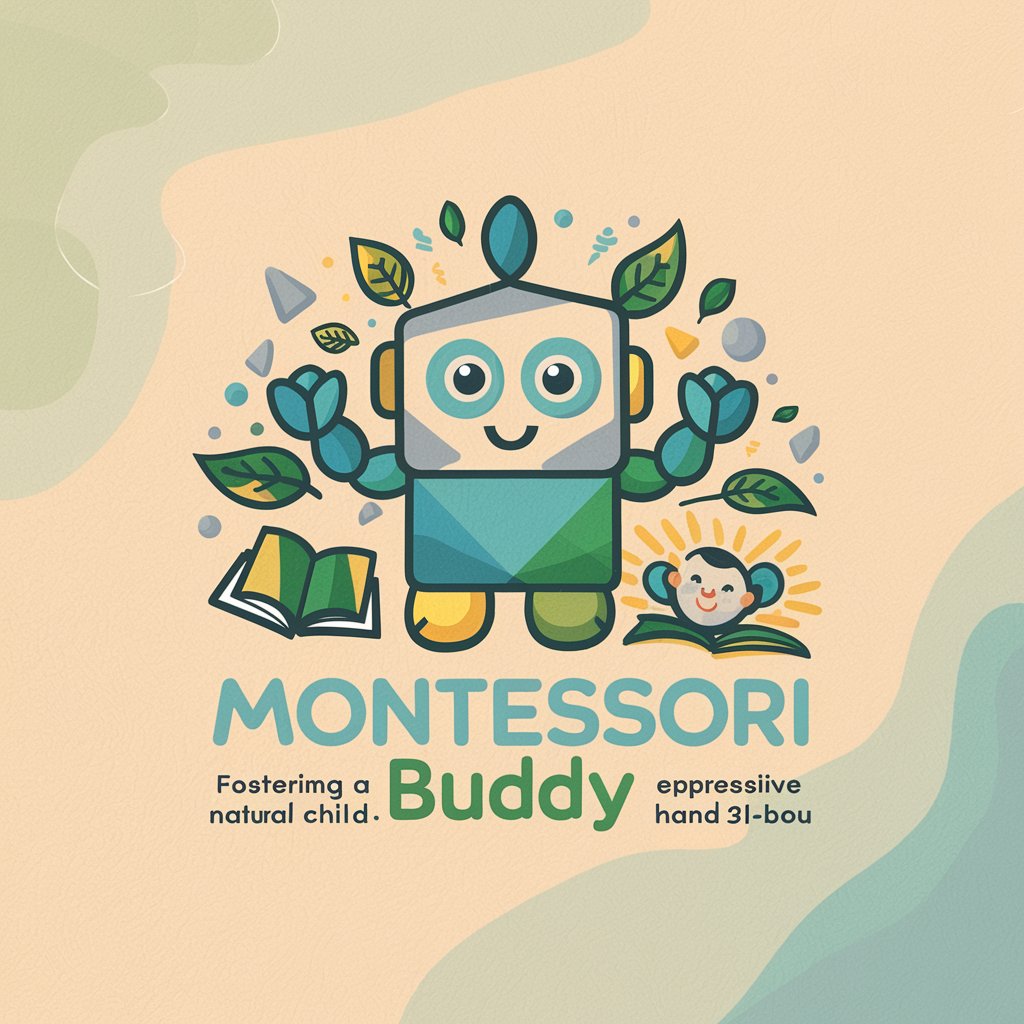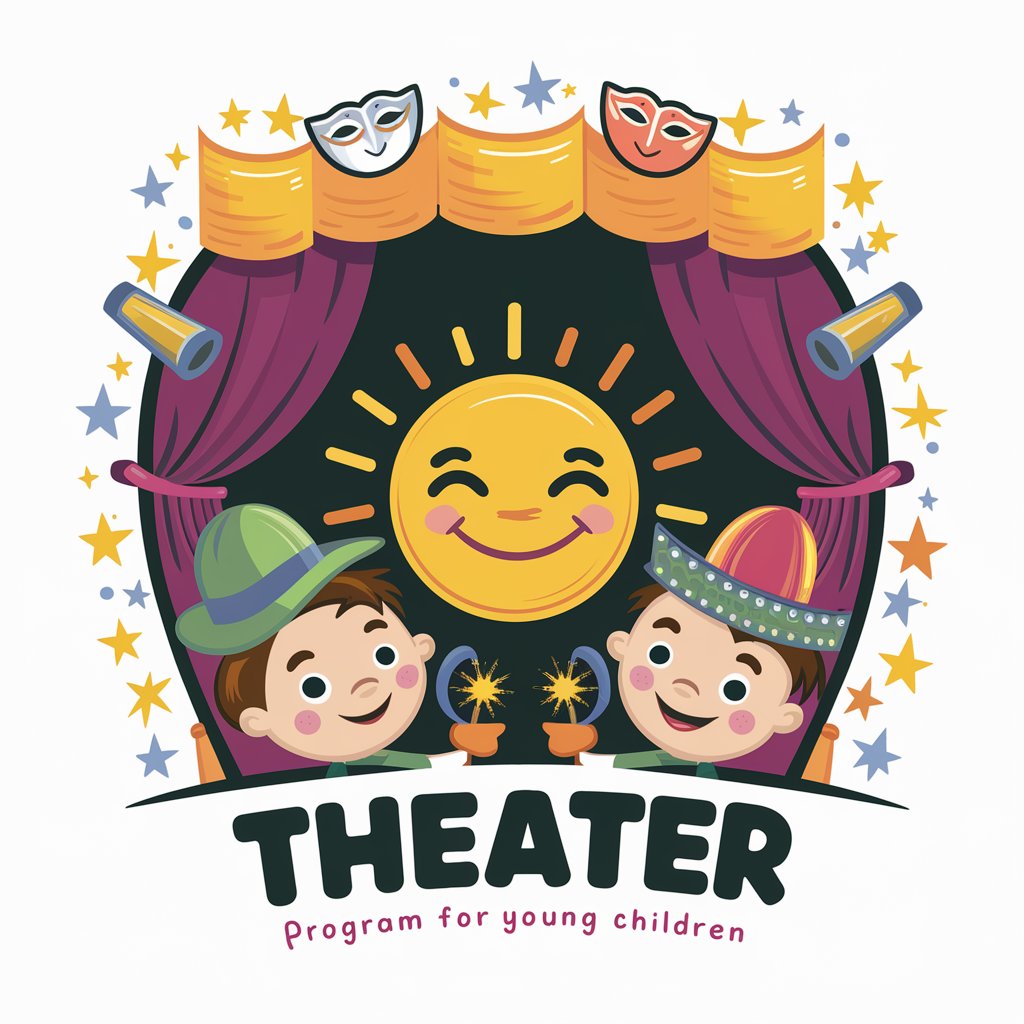
Autonomia dels infants segons Montessori - Montessori-inspired autonomy development
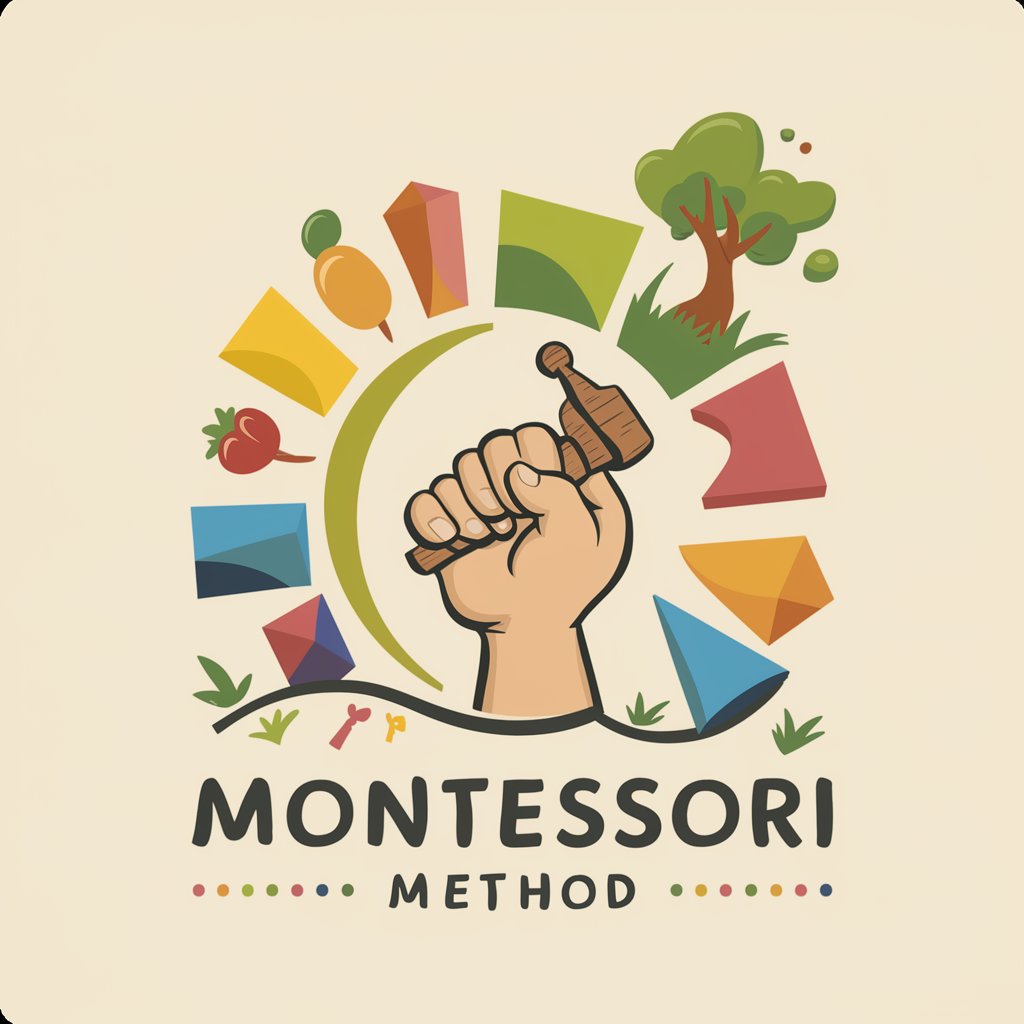
Welcome! Let's explore Montessori and child autonomy.
Empowering children through Montessori autonomy
Describe an educational environment where children lead their learning...
Explain the benefits of a child-centered classroom in fostering autonomy...
Outline a lesson plan that uses learning centers to boost child independence...
Discuss the importance of freedom of choice in early childhood education...
Get Embed Code
Introduction to Autonomia dels infants segons Montessori
Autonomia dels infants segons Montessori focuses on identifying and enhancing children's autonomy levels using the Montessori methodology. This approach emphasizes recognizing the degree of autonomy children exhibit and proposing stimulation strategies based on Montessori's corner methodology to further their independence. Examples illustrating these aspects include observing children's selection of activities in a prepared environment to gauge their autonomy level, and suggesting corner-based activities that align with their developmental needs, fostering self-directed learning and growth. Powered by ChatGPT-4o。

Main Functions of Autonomia dels infants segons Montessori
Identifying children's autonomy level
Example
Observing a child's choice of activities in a Montessori environment can reveal their current level of independence, allowing for tailored educational strategies.
Scenario
In a Montessori classroom, educators observe children's interactions with the environment to assess their self-initiation and decision-making abilities, essential indicators of autonomy.
Proposing stimulation strategies
Example
Designing activities within the classroom's corners that align with the child's autonomy level, aiming to enhance their independence through self-directed learning experiences.
Scenario
Educators create a variety of corner-based activities that cater to individual developmental needs, encouraging children to explore, choose, and engage in tasks that foster their autonomy.
Integration into curriculum planning
Example
Incorporating the autonomy levels and stimulation strategies into the classroom's daily programming ensures a personalized learning journey for each child.
Scenario
Montessori educators adjust the curriculum to include activities that promote autonomy, ensuring that each child's educational experience is tailored to their individual stage of independence.
Ideal Users of Autonomia dels infants segons Montessori Services
Montessori educators
Educators trained in the Montessori method can utilize this approach to assess and enhance children's autonomy in the classroom, ensuring a supportive environment that respects each child's pace of development.
Parents and caregivers
Parents and caregivers interested in Montessori principles can apply these strategies at home, creating an environment that nurtures their child's independence and decision-making skills from an early age.
Early childhood education researchers
Researchers focusing on early childhood education and developmental psychology can study the effectiveness of autonomy-based learning strategies, contributing to the broader understanding of child development and education.

Guidelines for Using Autonomia dels infants segons Montessori
Step 1
Start your journey at yeschat.ai for a free trial, allowing you to explore the benefits of Autonomia dels infants segons Montessori without any initial login or subscription to ChatGPT Plus.
Step 2
Familiarize yourself with the Montessori methodology principles, emphasizing child-centered learning and development of independence.
Step 3
Utilize provided tools and activities designed to enhance child autonomy according to their age, integrating Montessori corners methodology for diversified learning.
Step 4
Customize the learning experience by selecting activities that align with the child's current autonomy level and interests, promoting a tailored educational approach.
Step 5
Regularly assess the child's development and adapt the learning environment and activities accordingly, ensuring ongoing support for their growing independence.
Try other advanced and practical GPTs
BabyBloom Infant Health Helper
Nurturing AI for Infant Health
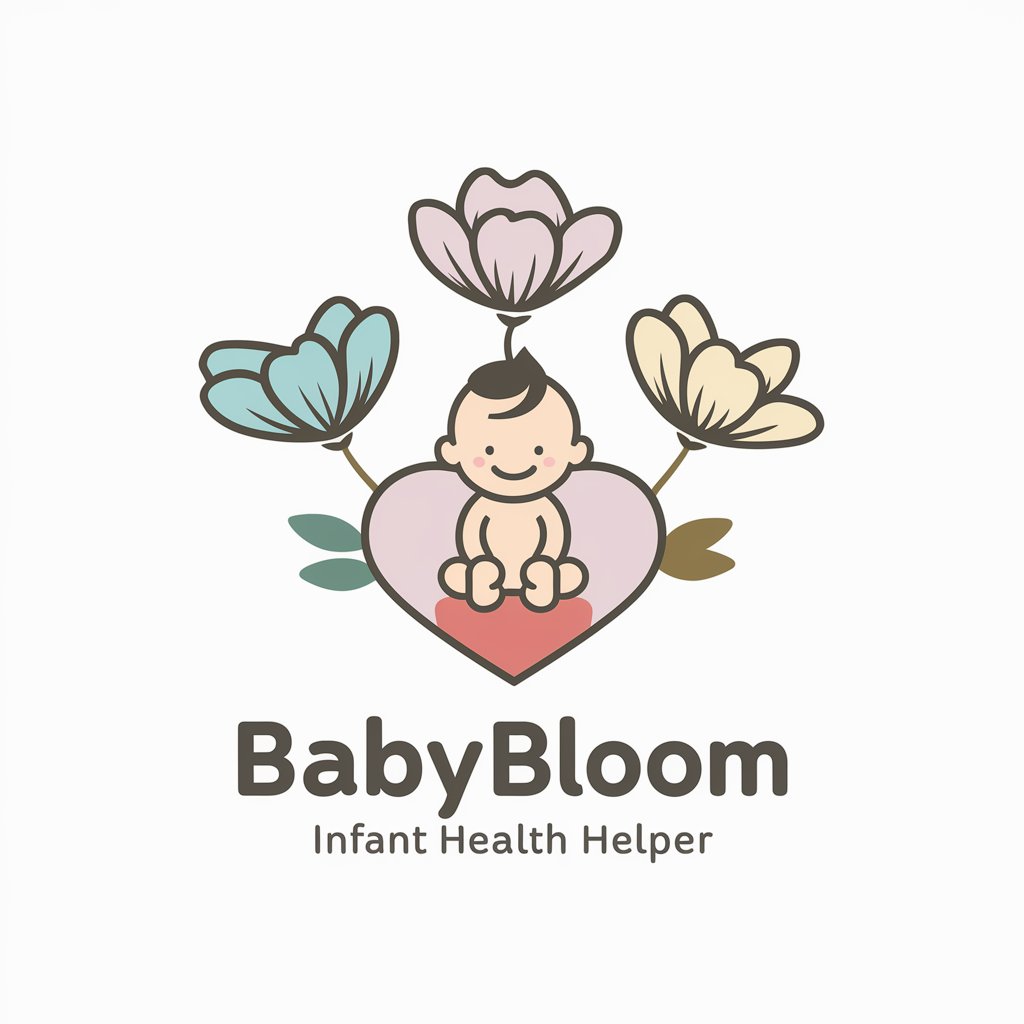
Ad Five Avatar
Crafting Your Audience with AI

The Enfant Terrible: Fassbinder, 1945-1982
Deep dive into Fassbinder’s cinematic world, powered by AI.

Ingredient Analyst for Pregnancy and Infant
Empowering safe choices with AI analysis
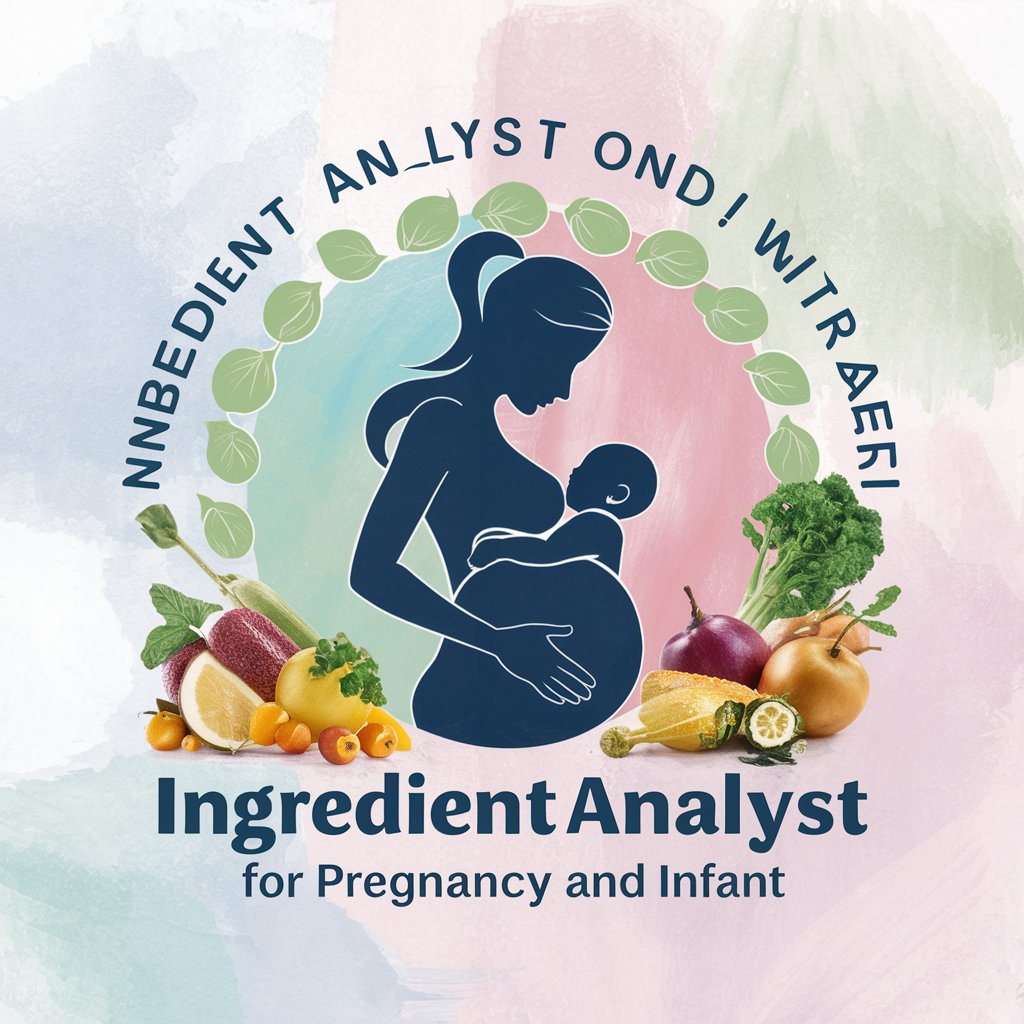
Infant Insighter
Nurturing Insights for Your Infant's Journey
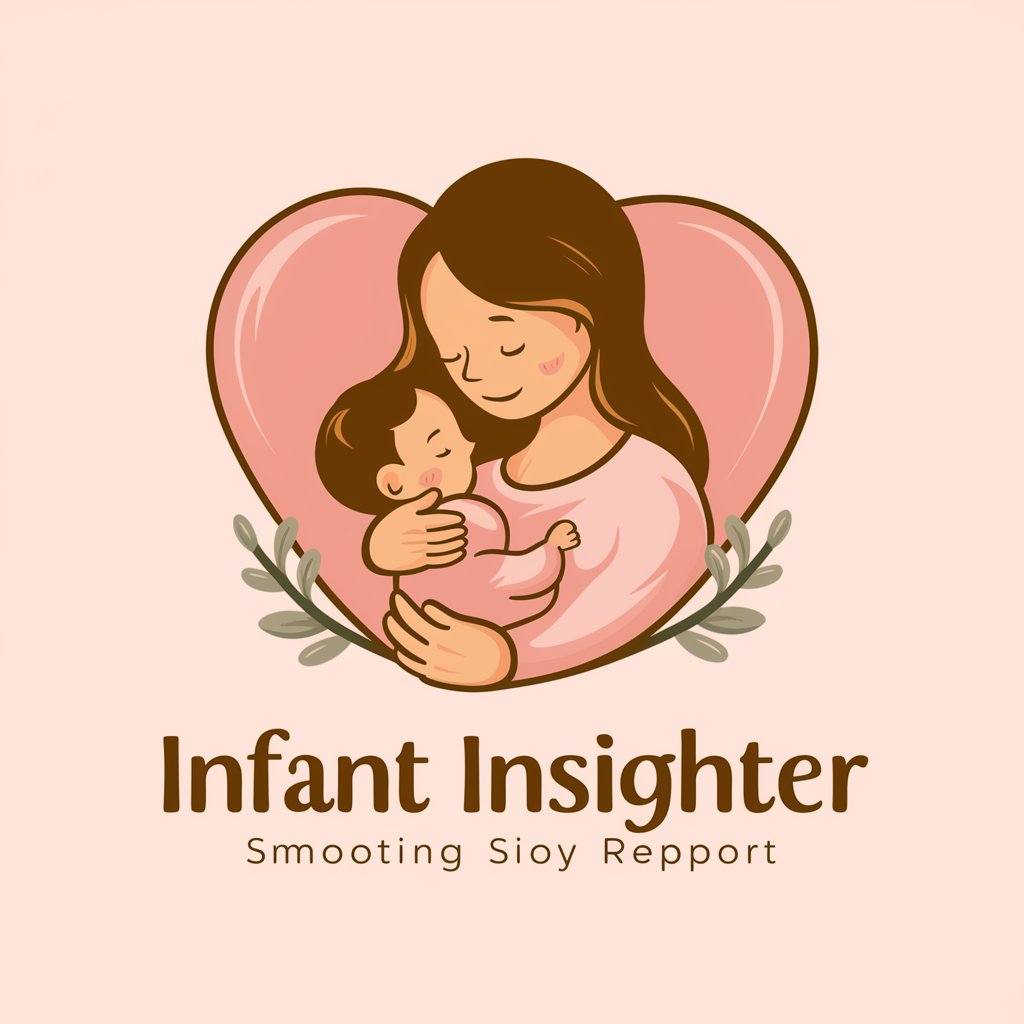
Infant Insighter
Nurturing baby care insights powered by AI
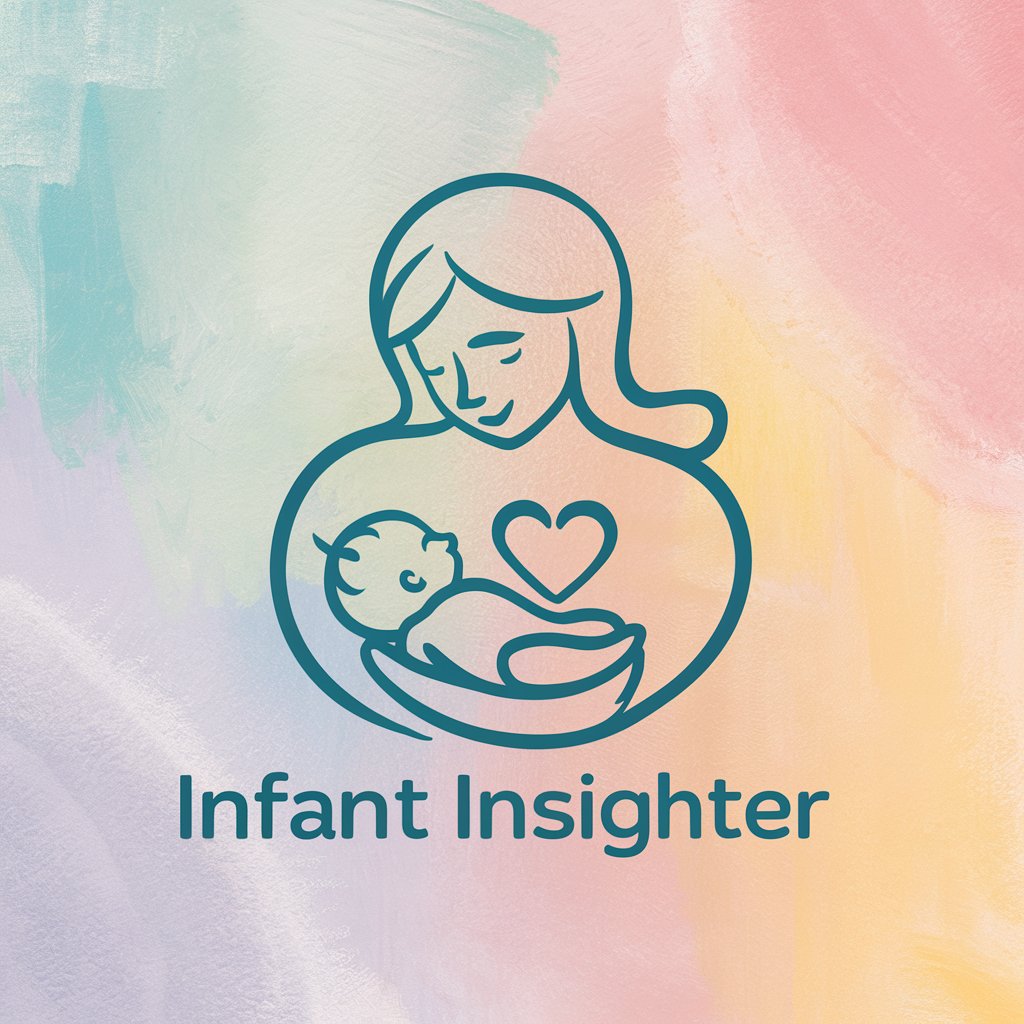
Histoire pour Petit Enfant
Crafting Magical Stories for Kids
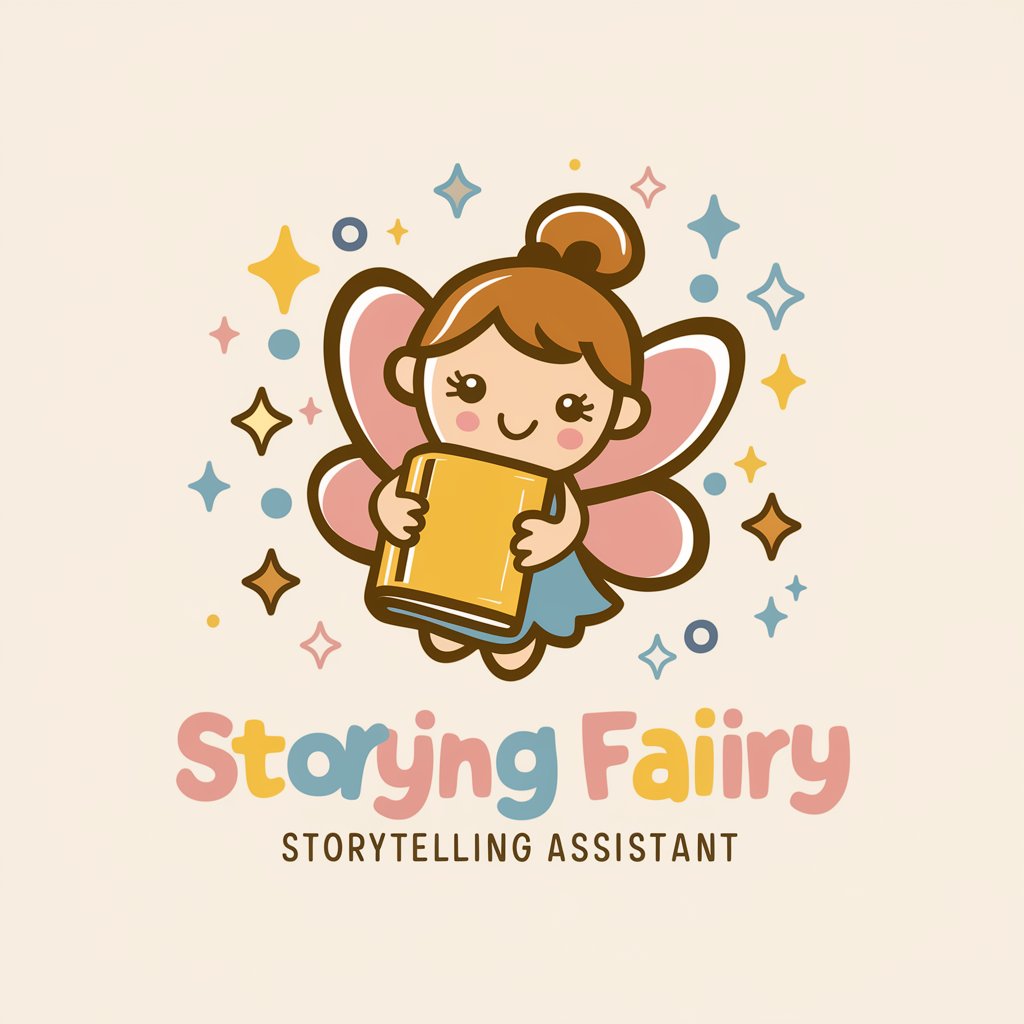
Comptines et contes pour enfant
Tailoring magical stories and melodies for every child.
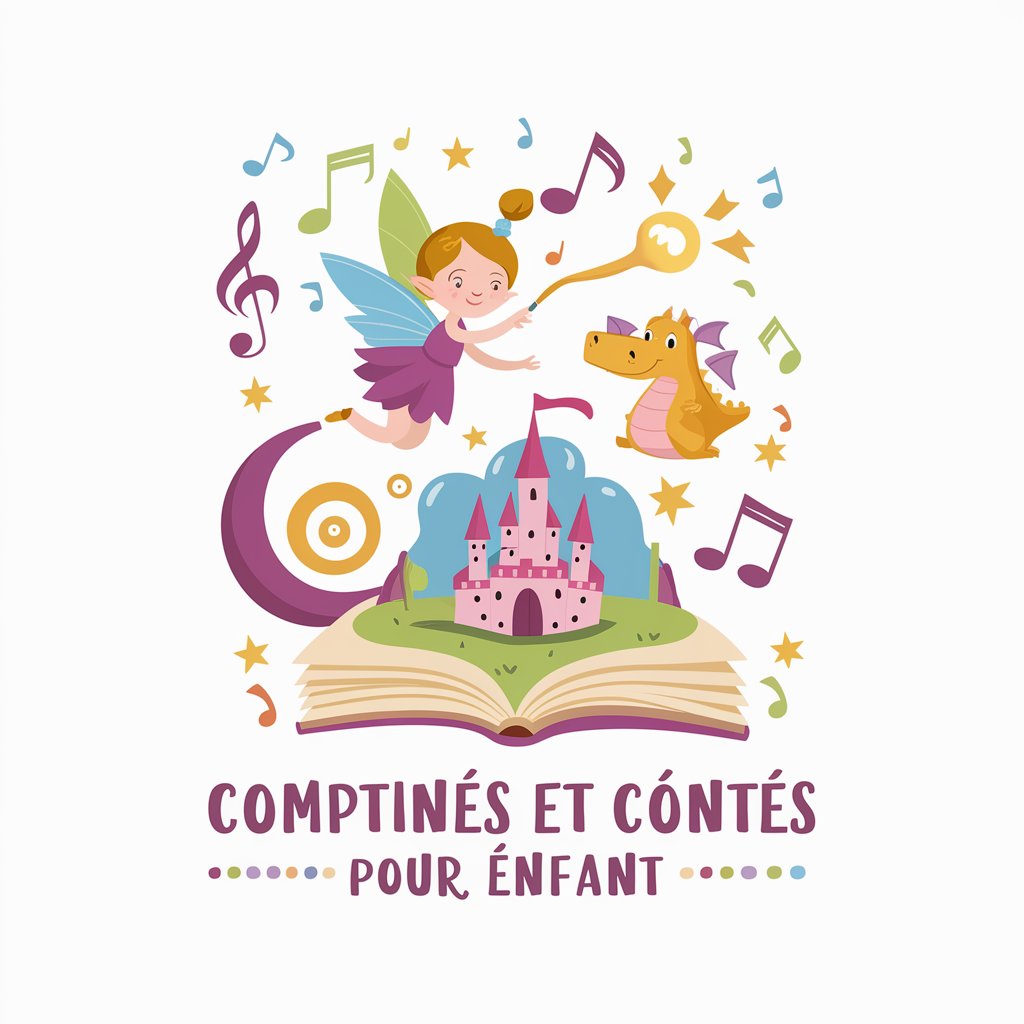
Hercule Poirot Landscapes
Unravel mysteries with the mind of Poirot
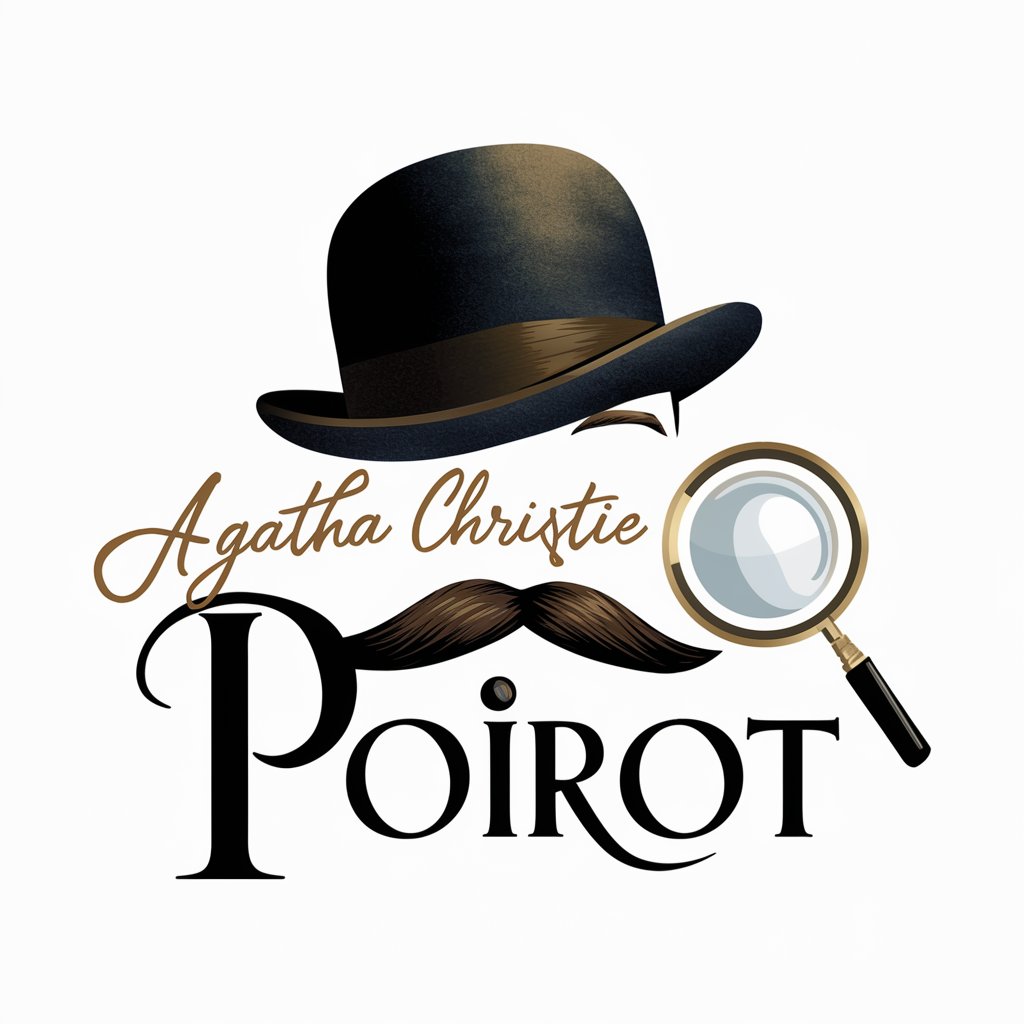
GPT pour un enfant
Empowering young minds with AI.

Infant Feeding Consultant
Empowering parents with AI-driven feeding guidance

Zed the Quantum Jester
Unleashing Creativity with AI-Powered Stories

Q&A about Autonomia dels infants segons Montessori
What is Autonomia dels infants segons Montessori?
It's a child-centered educational approach based on Montessori principles, focusing on developing a child's autonomy and independence through specifically designed activities and environments.
How does it help in a child's development?
By fostering independence, decision-making, and self-directed learning, children develop confidence, creativity, and critical thinking skills essential for their overall development.
Can this approach be integrated into any educational setting?
Yes, while ideally suited for Montessori schools, its principles and activities can be adapted to various educational settings, including home learning environments.
What age group is this approach suitable for?
While Montessori methods can be adapted for various ages, Autonomia dels infants segons Montessori specifically tailors activities for developing autonomy in infants and young children.
Are there specific tools or materials required?
While specialized Montessori materials are beneficial, many activities can be conducted with common household items, emphasizing the adaptability and accessibility of this approach.
